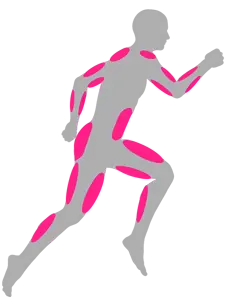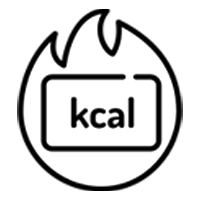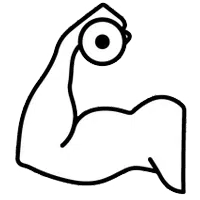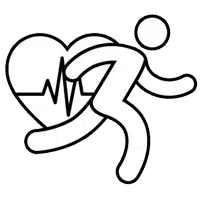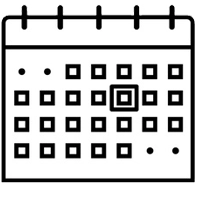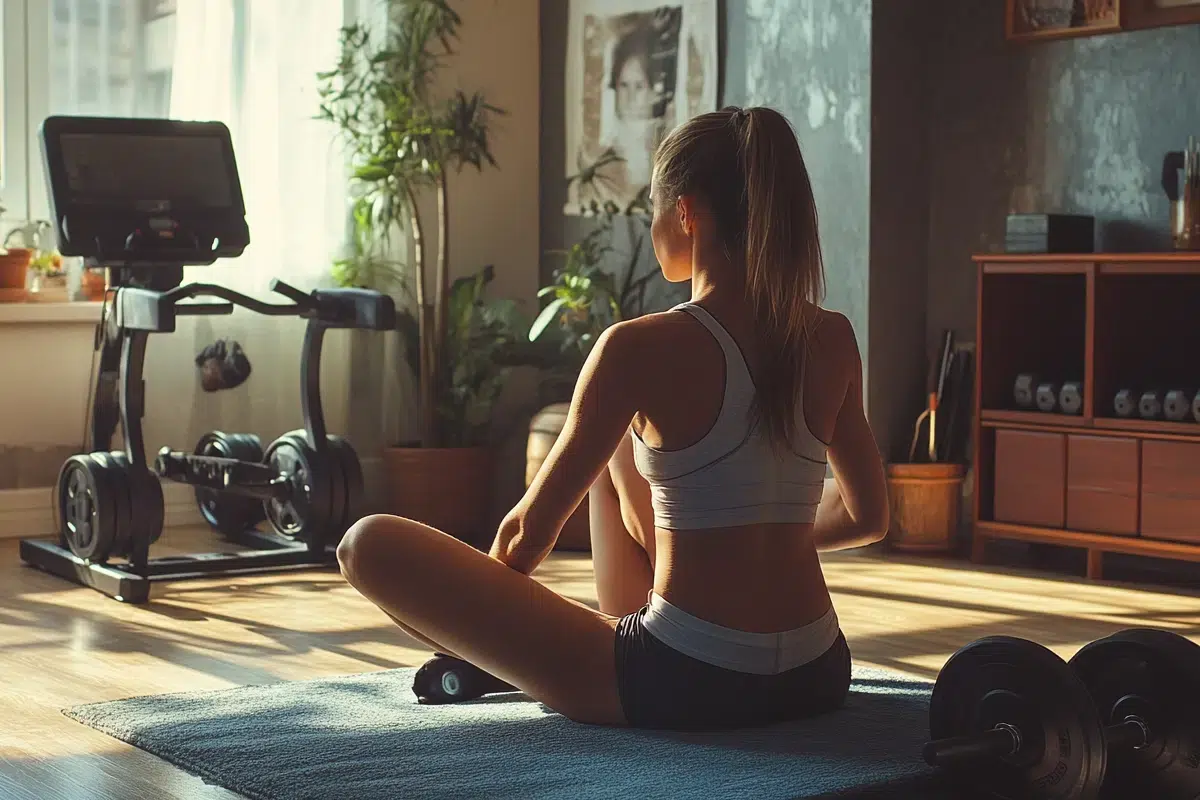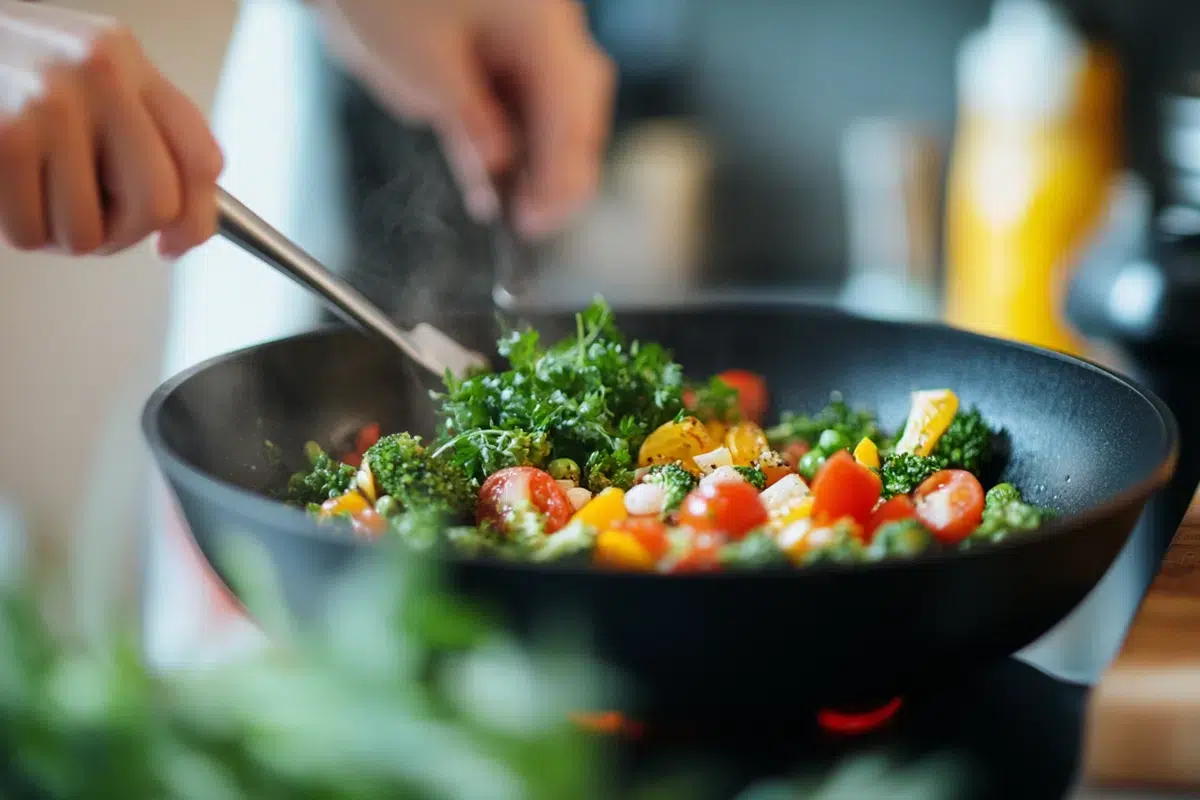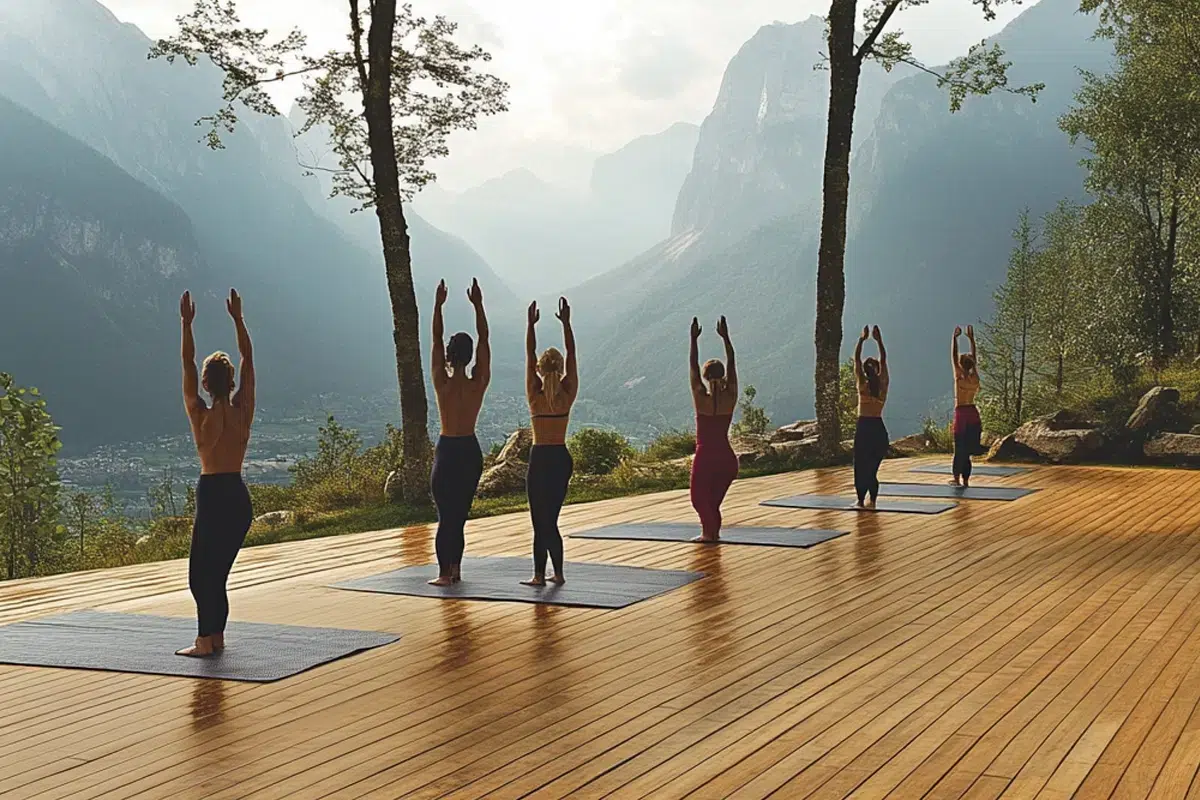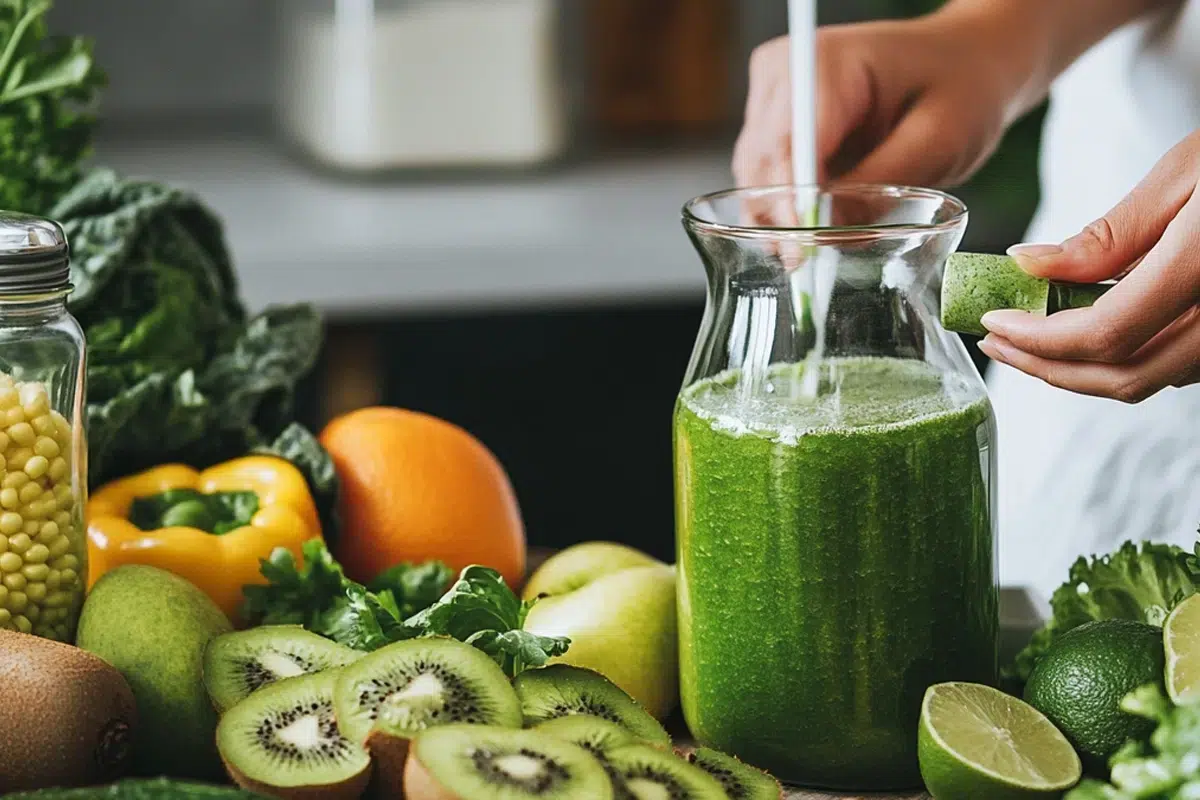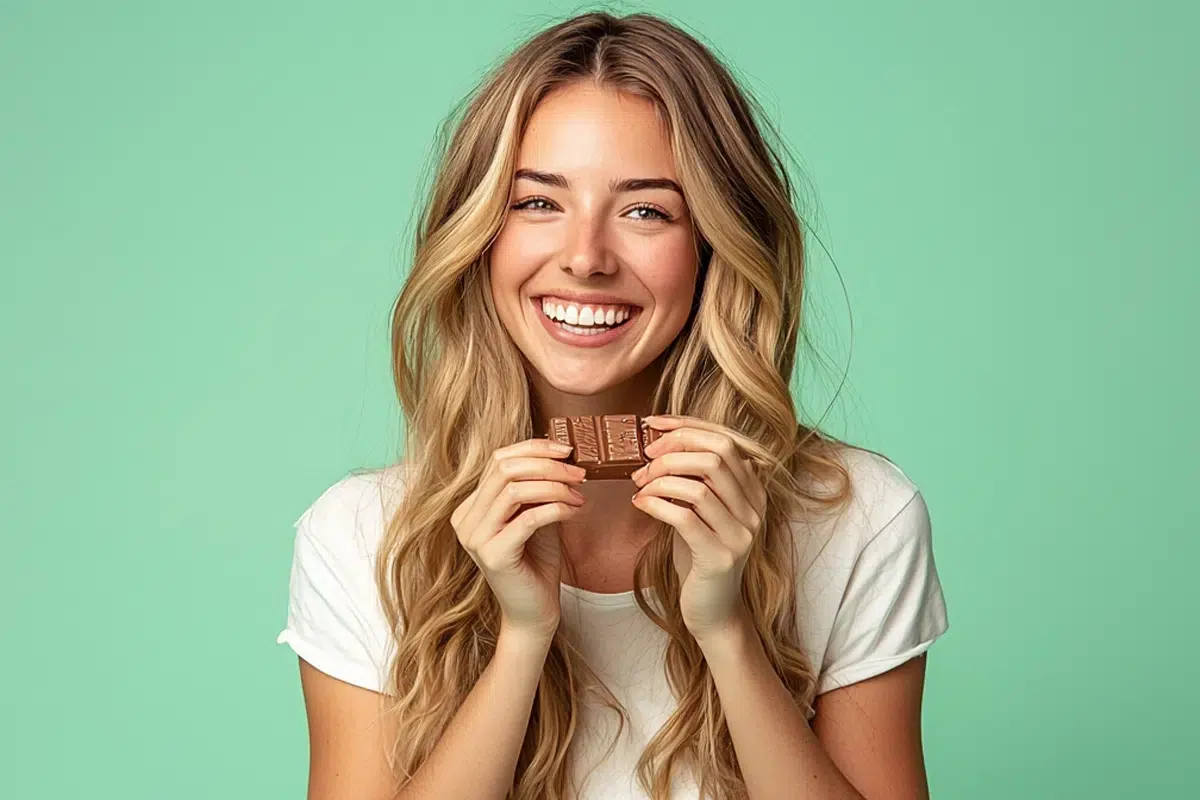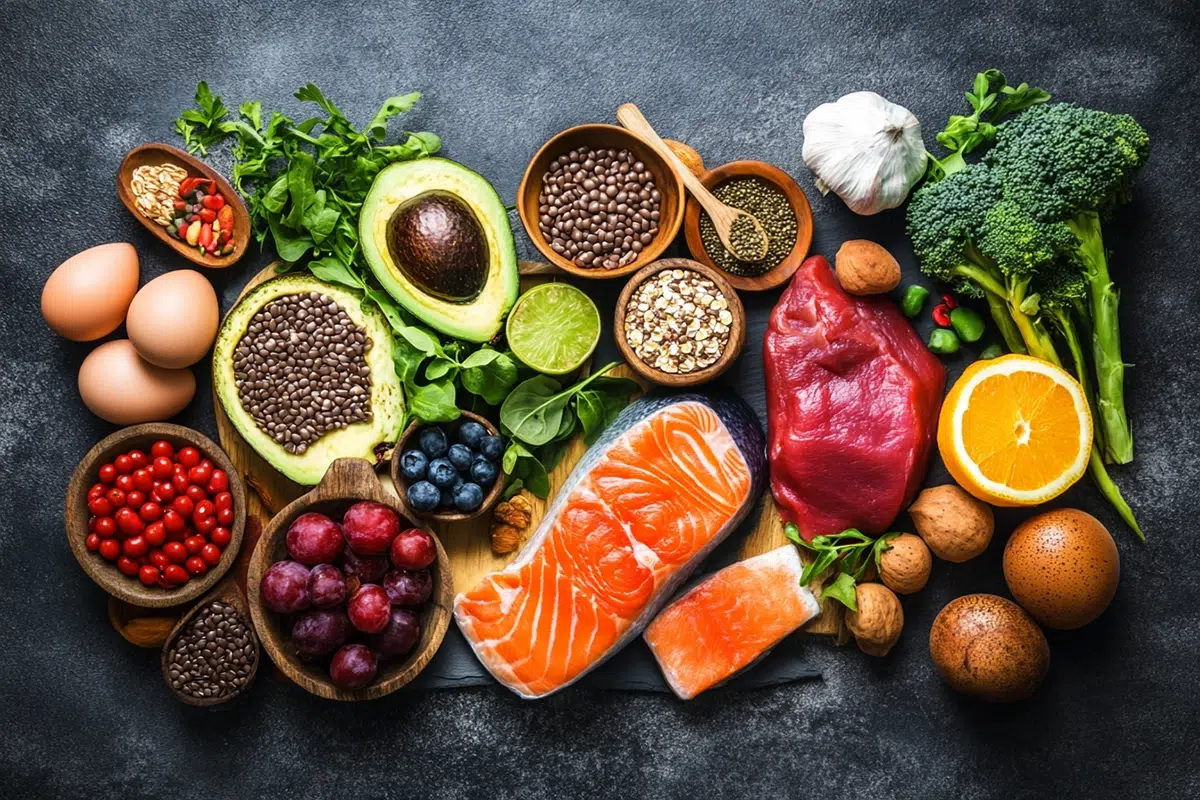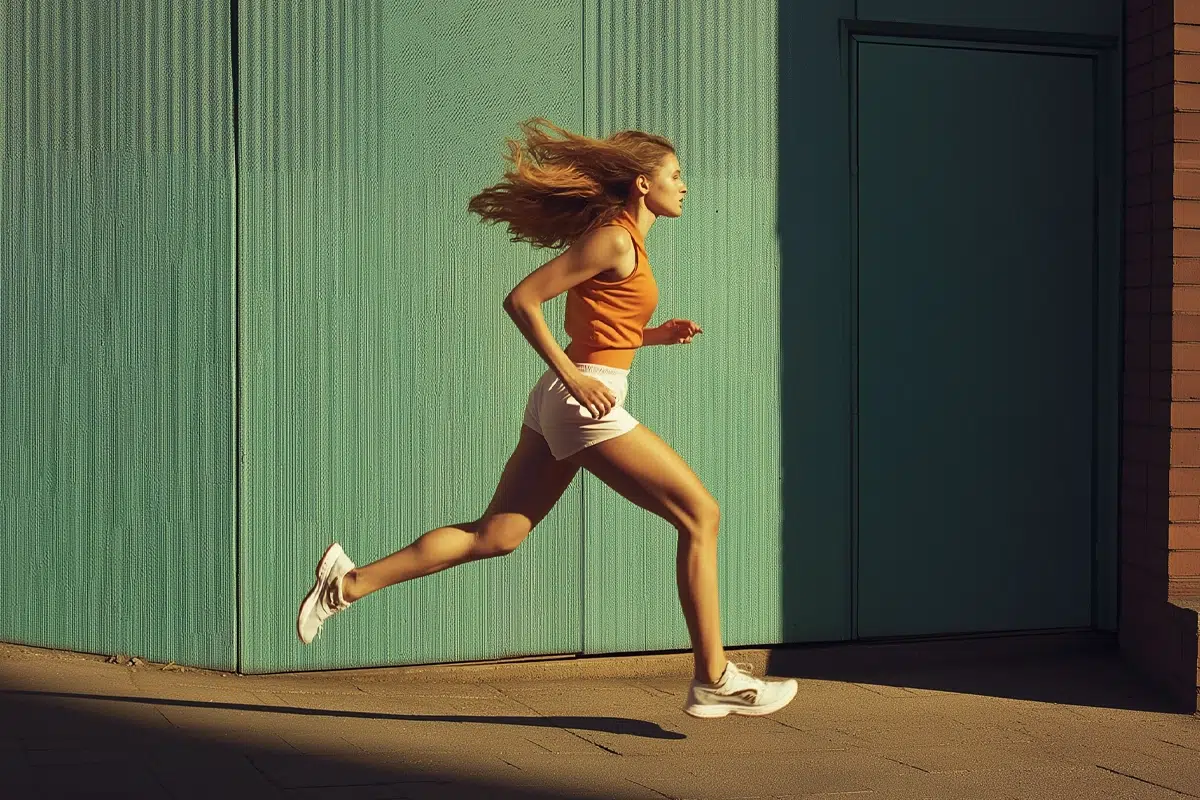Show summary Hide summary
- Which muscle group are we activating when doing aqua cycling?
- Aquabiking or aqua cycling for fitness and strength training
- What muscles are we training when doing aquabiking or aqua cycling?
- Other water sports to strengthen your muscles: dive into the world of aquatic sports
- What muscles are used in different sports?
Which muscle group are we activating when doing aqua cycling?
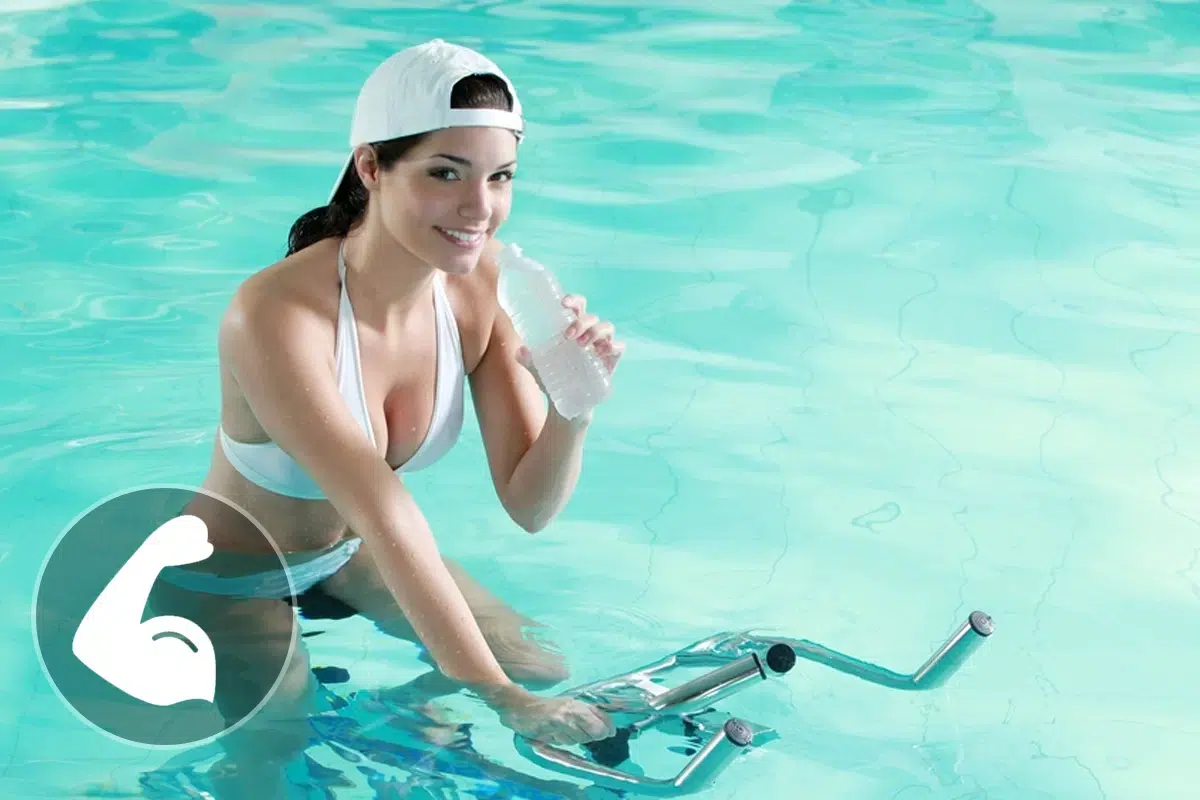
Everything you need to know about aquabiking
What muscles does aquabiking or aqua cycling work? What parts of the body are we using and toning while doing aquabiking? Use the tool below to see the list of all the body parts that are trained while doing aquabiking!
Aquabiking or aqua cycling for fitness and strength training
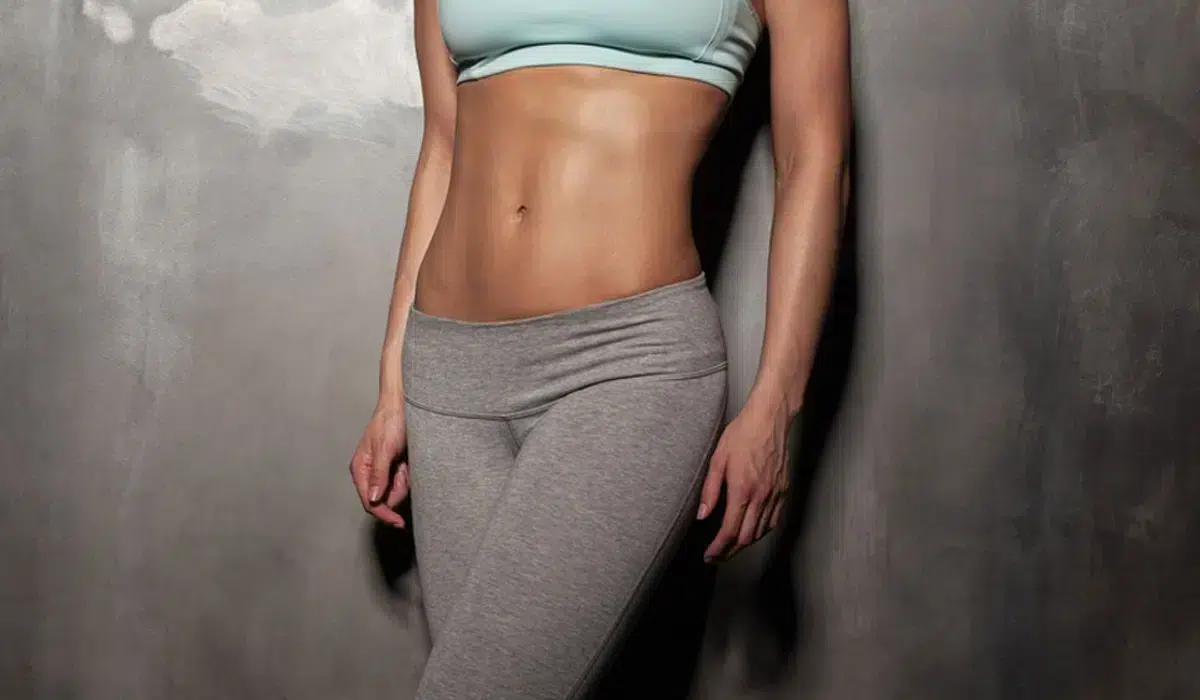
What muscles are we training when doing aquabiking or aqua cycling?
Depending on the sport practised, certain areas of the body will be worked harder than others, but what about when you go aquabiking? Will you tone and refine your figure by cycling in the water? Below is a list of the muscles and muscle groups strengthened and sculpted by aquabiking!
Upper limbs (Shoulders, arms and forearms)
Aquabiking requires very little effort from the upper limbs.
Trunk and pelvis (Chest, stomach and back)
- The abdominal muscles: These are made up of several layers of muscle(rectus abdominis, external oblique, internal oblique, transverse), whose function is to flex and rotate the trunk.
- The muscles of the back : The back groups together more muscles such as the trapezius, the dorsalis major, the rhomboids, the infraspinatus and the round muscle. These muscles play a variety of roles. From the dorsal to the lumbar muscles, they ensure the mobility of the arms and shoulder, maintain posture and protect the spine.
Lower limbs (buttocks, thighs and calves)
- The quadriceps: These are located at the front of the thigh. The quadriceps are each made up of 4 muscles (the vastus femoris or rectus femoris, the vastus lateralis, the vastus medialis and the vastus intermedius). These muscles facilitate flexion of the thigh on the hip and extension of the leg on the thigh.
- The hamstring muscles: Located on the back of the thigh, there are four of these muscles(biceps femoris, semitendinosus and semitendinosus). They ensure flexion of the leg and extension of the thigh.
- Calf muscles: Also known as the sural triceps, the calf muscles are made up of 3 muscle groups, including the soleus and the gastrocnemius. These muscles help to extend the foot down the leg
Aquabiking is a way of rapidly toning your body. Ideal for those who want to get back into exercise gently or avoid joint pain, the speed work combined with the resistance of the water encourages muscle strengthening. The muscles in the legs, thighs and buttocks will be the first to benefit. The rotation of the pelvis and the posture of the trunk also work the abdominal and back muscles.
Other water sports to strengthen your muscles: dive into the world of aquatic sports
Water sports offer an excellent opportunity to strengthen your muscles while staying refreshed. They are perfect for improving cardiovascular fitness, muscle strength, and flexibility, all while being gentle on the joints. Discover these aquatic activities to diversify your training:
- Aquagym: Develop strength and flexibility through dynamic water exercises, targeting the entire body, especially the abdominal, back, and leg muscles.
- Kayaking: Enhance your coordination and upper body strength while navigating in a kayak, primarily working the muscles of the arms, shoulders, and back.
- Scuba diving: Explore underwater environments while enhancing your breathing and relaxation, mainly engaging the respiratory and abdominal muscles.
- Swimming: Increase your endurance and tone your entire body through swimming, working all major muscle groups, including the core and legs.
- Breaststroke: Strengthen your arms and legs with this classic swimming style, targeting the pectoral muscles, triceps, quadriceps, and calves.
- Front crawl: Develop strength and endurance with this fast and efficient swimming stroke, particularly engaging the muscles of the shoulders, arms, core, and legs.
Everything you need to know about aquabiking
What muscles are used in different sports?
All sports in detail!




